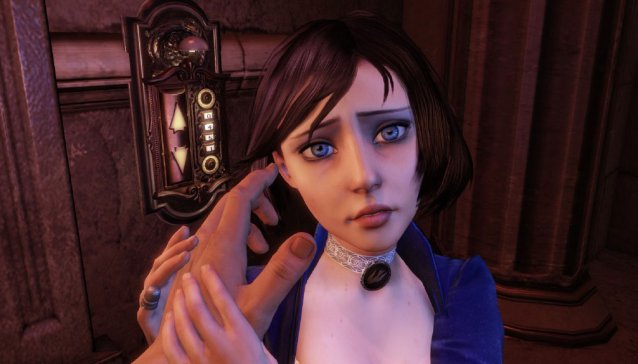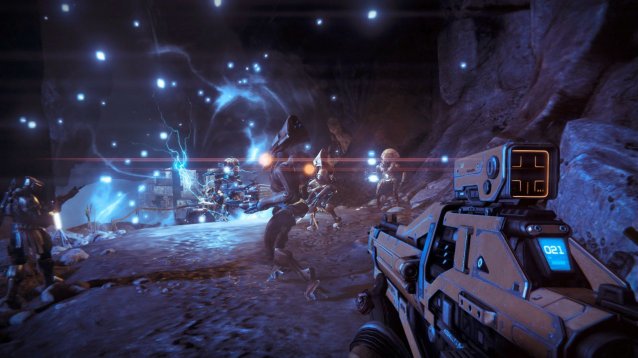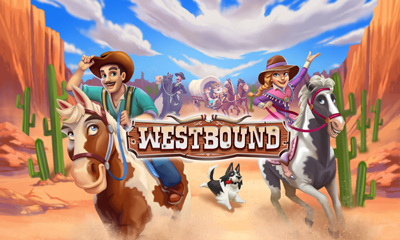


Erstwhile Gameranx contributor Andrew VandenBossche has penned an insightful, if contentious article titled "The Case for Never Talking About AAA Games." In the post, he argues that triple-A (or "AAA") titles have little to offer games writers due to their cost, their emotional demands, and the fact that many other writers often scope out the same triple-A games to write about. He argues that they are "utterly exhausting to consume," and that anything you can write about a game is wasted by the fact that the game's marketing has already done the (successful) job of getting its audience to think what it wants them to think.
Go read it, and then come back here to read my response.
Done? Read on.
Beyond the complaint that they cost $60 to play, arguing that it's a waste of time to write about a game everyone else is writing about is much like saying film critics shouldn't bother to waste their time with blockbusters and popular TV shows like The Wire and Game of Thrones simply because everyone else is doing it. This assumes that writers are incapable of offering any new insights beyond what marketing attempts to force upon the viewer, or in Andrew's argument, the gamer.
As a writer, I'd dismiss his argument as a flawed one, for several reasons. When I write, I do so for MY audience, which may not necessarily be the same audience as other writers', much less the audience of whomever the marketing is most effective on. I'm also disinclined to believe that marketing is so powerful that people aren't capable of making up their own minds or seeking out opinions, which differ from what the marketing has told them.
Contrary to popular belief, we are not an idiocracy.
The ground, as he argues, may be "well-trodden," but it's up to us as writers to pave those roads and give them some semblance of direction.
As for the cost issue—it's the same with any recreational activity. You can't write about it unless you can afford to personally enjoy it.
***
It's unfair to make blanket statements about triple-A games as if they are the same, single title, and claim that they are "by design" exhausting to consume. First and foremost, this makes the bold assumption that every triple-A title is designed with the same principles in mind, as if every game designer were some aspect of some larger godhead.
For every Call of Duty knock-off that exists and fails to innovate, there is a triple-A title that's the opposite of stagnating. Big budget games have the potential to move the genre forward in ways that indie games might struggle to. For all the ways indie games can innovate, it always takes a big game to make a big impact. Constrained by budgets and expensive assets, triple-A titles have a tendency to scale back what they can do, but the small steps they take have immediate, and lasting consequences. Many indie sandbox games can, for example, trace their roots back to triple-A titles like Black & White, Dungeon Keeper and Populous. By comparison, how many games could trace their influence back to smaller titles like Dwarf Fortress or Terraria?
It's important, therefore, for writers to play triple-A games. To understand those indie games we revere and pity for not being as popular as triple-A titles, we have to understand where they're coming from. No game exists in a vacuum.




 PlanetSide 2 PS4 Guide On How To Upgrade And Do Team Work
PlanetSide 2 PS4 Guide On How To Upgrade And Do Team Work How to get Westbound: A Pioneer Adventure Time Extension, Quest Rewards and Earn Resources, Tips and Tricks
How to get Westbound: A Pioneer Adventure Time Extension, Quest Rewards and Earn Resources, Tips and Tricks Here's Where To Find Every Skull in Halo: Combat Evolved for The Master Chief Collection
Here's Where To Find Every Skull in Halo: Combat Evolved for The Master Chief Collection The Only Google Drive Guide You'll Ever Need to Read
The Only Google Drive Guide You'll Ever Need to Read How to Complete GTA 5 Online Series A Funding Heist : Steal Meth
How to Complete GTA 5 Online Series A Funding Heist : Steal Meth